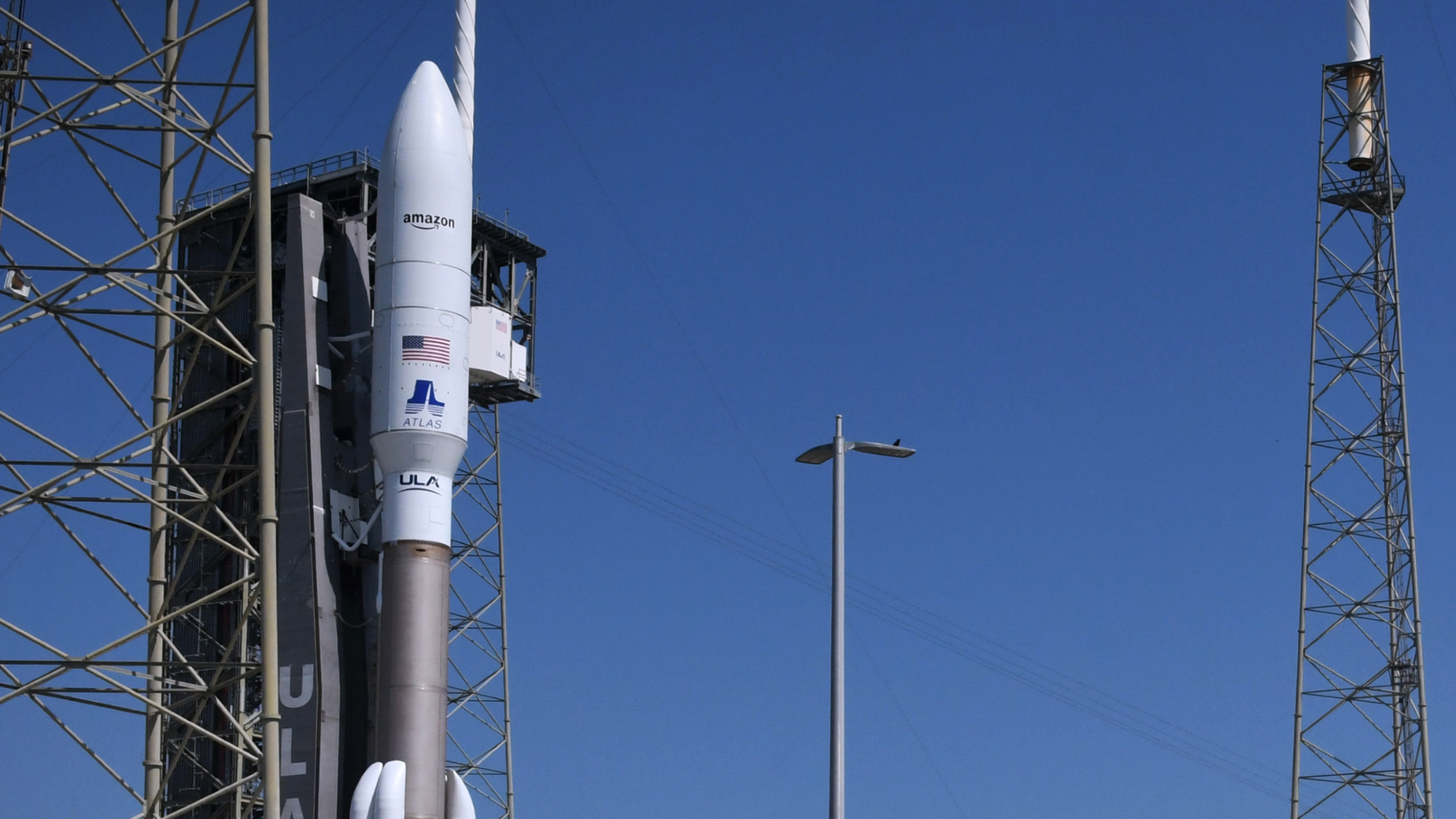Facebook's plan to deliver internet everywhere involves drones, lasers, and satellites
Bruce Bennett/Getty Images

A free daily email with the biggest news stories of the day – and the best features from TheWeek.com
You are now subscribed
Your newsletter sign-up was successful
Facebook founder Mark Zuckerberg's ambitious plan to make the internet inescapable involves drones, infrared lasers, and tons of satellites. The company is working with scientists and aerospace engineers to create a lab that will develop ways to make the internet available to remote and underserved populations.
The "Facebook Connectivity Lab" will bring together NASA employees, the National Optical Astronomy Observatory, and engineers from the British firm Ascenta, which builds solar-powered drones, to figure out ways to bring the internet to "every person in the world." The plan is to test drones over suburban areas, shoot up satellites over more rural locations, and use the laser beams to make long distance connections even faster, writes CNN.
If this plan sounds similar to Zuckerberg's previously announced Internet.org coalition, that's because it sort of is. But that project was meant to bring together more "traditional" firms, like Samsung and Nokia, to help deliver the 'net to far flung spots. So far, more than three million people in Paraguay and the Philippines have access to it.
The Week
Escape your echo chamber. Get the facts behind the news, plus analysis from multiple perspectives.

Sign up for The Week's Free Newsletters
From our morning news briefing to a weekly Good News Newsletter, get the best of The Week delivered directly to your inbox.
From our morning news briefing to a weekly Good News Newsletter, get the best of The Week delivered directly to your inbox.
A free daily email with the biggest news stories of the day – and the best features from TheWeek.com
Jordan Valinsky is the lead writer for Speed Reads. Before joining The Week, he wrote for New York Observer's tech blog, Betabeat, and tracked the intersection between popular culture and the internet for The Daily Dot. He graduated with a degree in online journalism from Ohio University.
-
 Local elections 2026: where are they and who is expected to win?
Local elections 2026: where are they and who is expected to win?The Explainer Labour is braced for heavy losses and U-turn on postponing some council elections hasn’t helped the party’s prospects
-
 6 of the world’s most accessible destinations
6 of the world’s most accessible destinationsThe Week Recommends Experience all of Berlin, Singapore and Sydney
-
 How the FCC’s ‘equal time’ rule works
How the FCC’s ‘equal time’ rule worksIn the Spotlight The law is at the heart of the Colbert-CBS conflict
-
 Australia’s teen social media ban takes effect
Australia’s teen social media ban takes effectSpeed Read Kids under age 16 are now barred from platforms including YouTube, TikTok, Instagram, Facebook, Snapchat and Reddit
-
 Google avoids the worst in antitrust ruling
Google avoids the worst in antitrust rulingSpeed Read A federal judge rejected the government's request to break up Google
-
 Supreme Court allows social media age check law
Supreme Court allows social media age check lawSpeed Read The court refused to intervene in a decision that affirmed a Mississippi law requiring social media users to verify their ages
-
 Nvidia hits $4 trillion milestone
Nvidia hits $4 trillion milestoneSpeed Read The success of the chipmaker has been buoyed by demand for artificial intelligence
-
 X CEO Yaccarino quits after two years
X CEO Yaccarino quits after two yearsSpeed Read Elon Musk hired Linda Yaccarino to run X in 2023
-
 Musk chatbot Grok praises Hitler on X
Musk chatbot Grok praises Hitler on XSpeed Read Grok made antisemitic comments and referred to itself as 'MechaHitler'
-
 Disney, Universal sue AI firm over 'plagiarism'
Disney, Universal sue AI firm over 'plagiarism'Speed Read The studios say that Midjourney copied characters from their most famous franchises
-
 Amazon launches 1st Kuiper internet satellites
Amazon launches 1st Kuiper internet satellitesSpeed Read The battle of billionaires continues in space